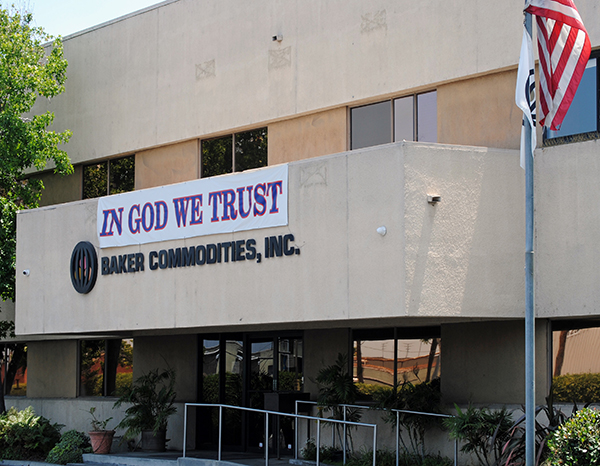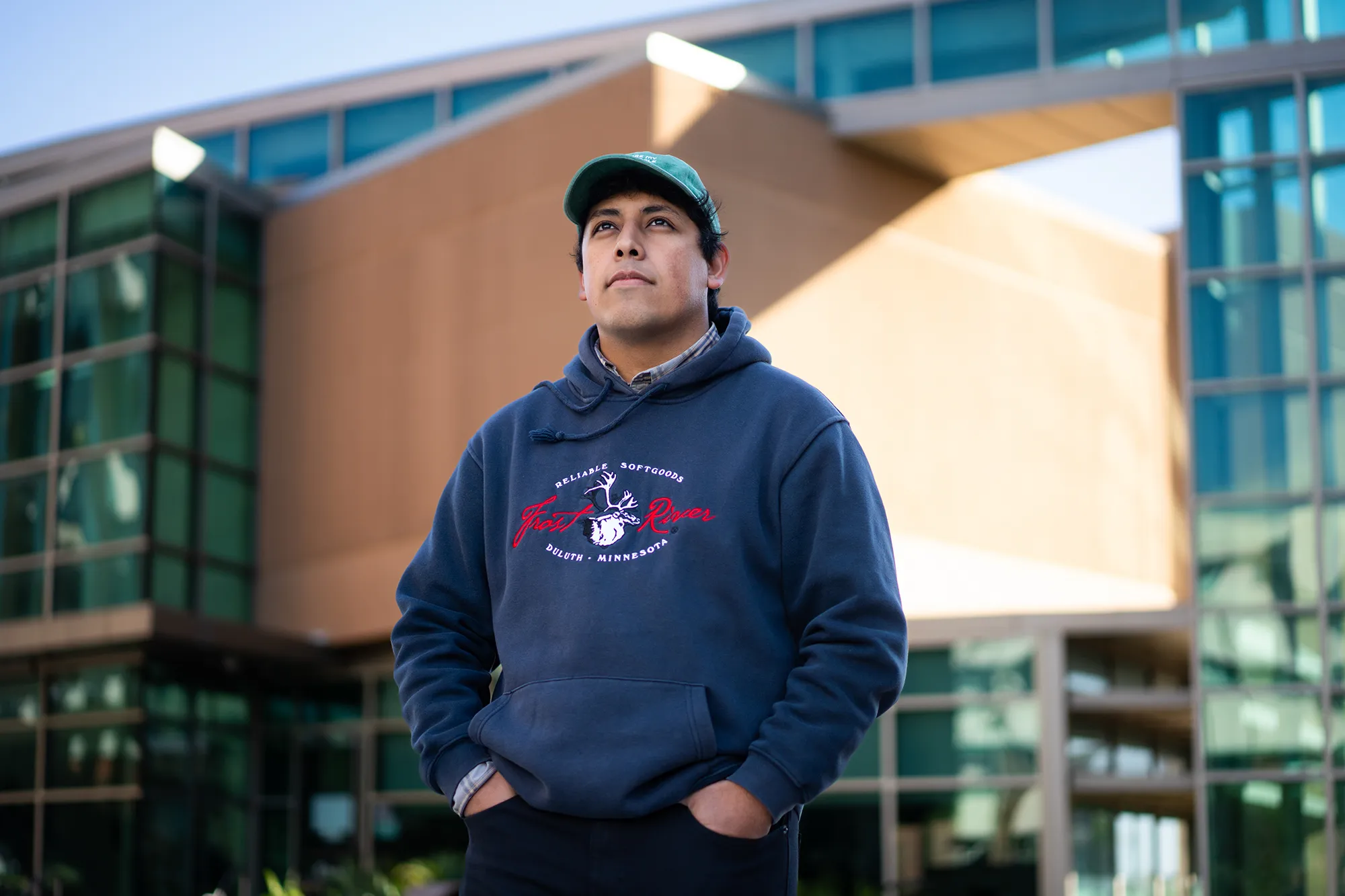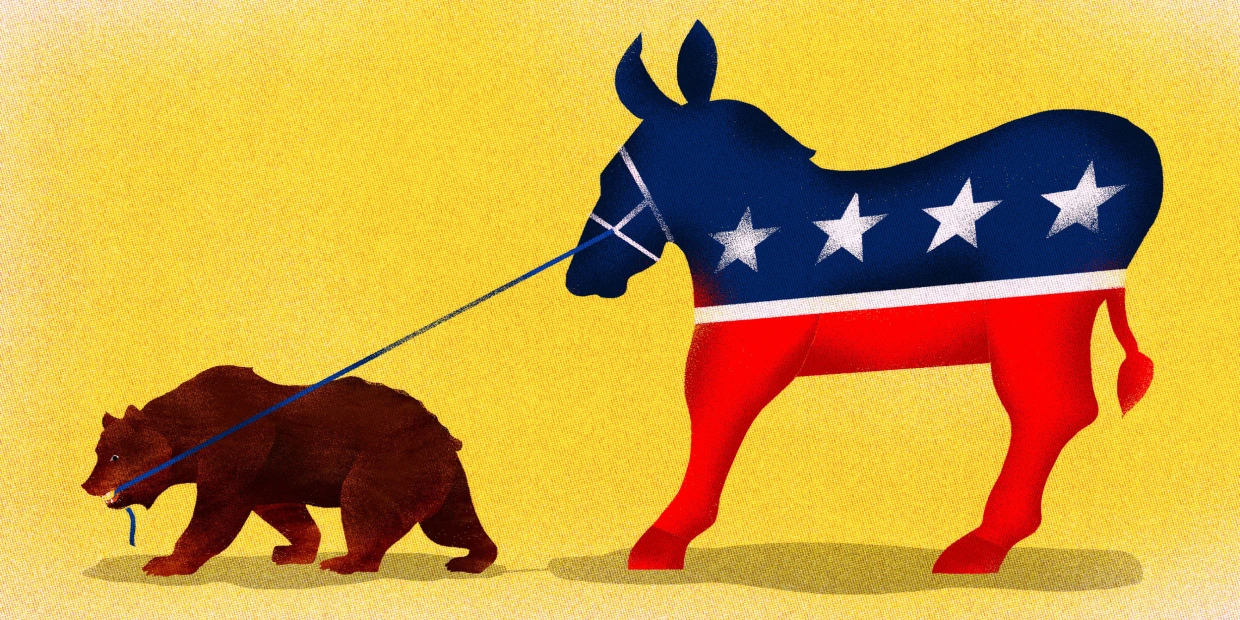By Alfredo Santana
Contributing Writer
VERNON — A petition for an order of abatement has been filed against Baker Commodities Inc. for conducting animal rendering in open pits and releasing pungent odors into the air that drifts into communities in Southeast Los Angeles County.
The South Coast Air Quality Management District filed the legal document alleging multiple violations to Rule 415, the regulation that calls for rendering plants in California to have enclosed systems for cooking animal carcasses, butcher trimmings and capturing wastewater.
Located at 4020 Bandini Blvd. in Vernon, Baker Commodities has racked up other violations that center on its grease processing unit, and for failure to properly seal cooking areas to reduce leaks and prevent odors from escaping.
An independent AQMD hearing board will handle the petition on July 6 at 9 a.m. in Diamond Bar.
Filed by Daphne P. Hsu, principal deputy district attorney for the AQMD, the petition indicates that Baker operates two rendering plants, with plant 1 being the main one, and plant 2 as back-up used for overflow.
The second plant is known as the J&M plant.
The reviewed document indicates that Baker Commodities obtained permits to operate Plant 1 while enclosures were being constructed for receiving raw materials and a closed system for rendering, but after requesting a one-year extension, it failed to meet the March 9 deadline.
“While other rendering facilities have fully configured its processes as closed systems or have built a permanent total enclosure, Baker has not fully or properly done so,” the AQMD abatement petition said. “This means odors are more likely to emanate from the Baker facility,”
In April 2020, the air quality agency issued a permit to build the J&M plant, a 4,050-square-foot enclosure for receiving raw materials, cooking and processing wastewater, the latter a shared activity with plant 1.
Last February, Baker reported that approved designs for its plant 2 receiving area would not work and submitted a petition to change the permit to build a 250-square-foot enclosure.
However, Baker went ahead with the construction before receiving the modified permit, in violation of another rule.
An inspection conducted on April 26 indicated that the J&M structure is currently not operational.
“After multiple inspections and violations, Baker has yet to take required steps to comply with our rules, including properly enclosing operations,” said AQMD Executive Officer Wayne Nastri. “Nearby communities have long been impacted by the intense odors from rendering facilities.”
Nastri said he hopes the agency’s legal action brings Baker into compliance and provides relief to the community.
The document indicates that odors from the rendering process have impacted residents of Boyle Heights, Huntington Park, Maywood, Commerce and Bell.
In January, Cudahy residents reported waves of nauseating odors drifting from the Vernon site late at night.
The AQMD indicated that the rendering facility had to store new raw materials in covered containers or permanent enclosures within four hours after delivery before the deadlines for the enclosed system construction expired.
From August 2019 to January 2022, Baker received six notices of violation of Rule 415.
Currently, animal carcasses and butcher trimmings are trucked and delivered to the plant 1 receiving area and pushed into a pit with a tractor. Then they are grounded and cooked, and the byproducts are placed in silos before they are delivered to buyers.
The byproducts are turned into foods for pets, livestock, protein for chicken and hogs, plant fertilizers and even biodiesel fuel.
Baker employees clean the blood and debris from the receiving areas, trucks and equipment, and the liquid is collected in drains throughout the plant and pumped into a sludge tank.
Using pipes, the debris are pumped and moved to a covered catch basin where the equipment detaches animal parts and grease, a process that should be conducted in fully enclosed facilities.
In addition, the rendering facility collects grease and wastewater from restaurants, which are pumped into tanker trucks and deposited into a tank in the centralized wastewater area.
A screw conveyor splits oil from water and sludge and unloads the sludge into an open bin, which is then transferred into an open air pit.
The petition for abatement reads that the process, starting with the screw conveyor and finishing with the open air pit must be enclosed, and it violates Rule 415.
At least two more violations involving a centrifuge and a catch basin in the J&M plant operating in the open also are alleged.
On receipt of butcher trimmings, “Baker blatantly violates the requirement that all ‘conveyors associated with raw material transfer operations’ must be enclosed,” the petition states, as staff empties trash cans or raw material into a hopper, which is transported via screw conveyor and deposited into a dump truck, and then transported to plant 1.
Earlier this year, Jimmy Andreoli, Baker Commodities assistant vice president of public relations and legislative affairs, said that the company’s primary goal was to comply with local, state and federal regulations.
“We continue to make ongoing improvements to our facilities to ensure that we are not only operating efficiently, but as good neighbors to our communities,” Andreoli said in a Jan. 26 statement.
He claimed that rendering odors are not hazardous, and that “in fact, the rendering process is actually making the air we breathe cleaner by sequestering carbon and other greenhouse gases. Our process, along with other rendering operations in the U.S., are carbon negative and thereby improving the air we breathe each day.”
Andreoli did not return two emails with questions about how his company would proceed regarding the allegations described in the most recent AQMD petition.
At press time, Jeff Wilson, an attorney representing Baker Commodities, had not responded to a phone call requesting comment on the legal filing.












